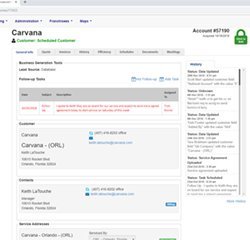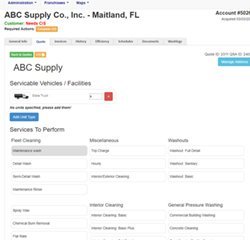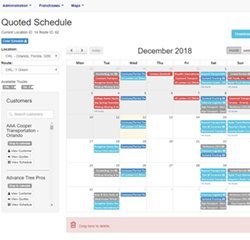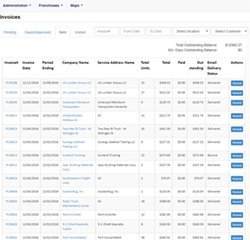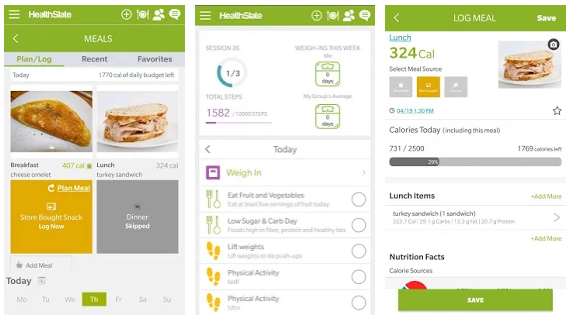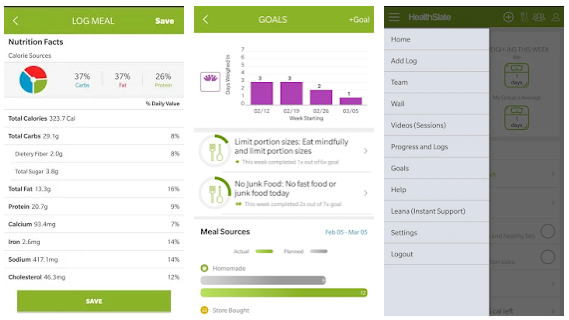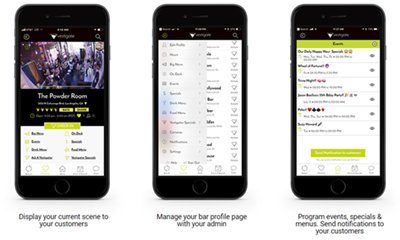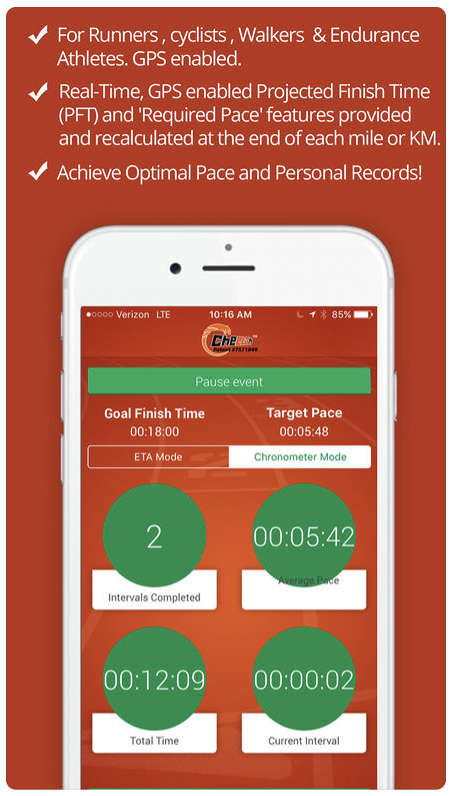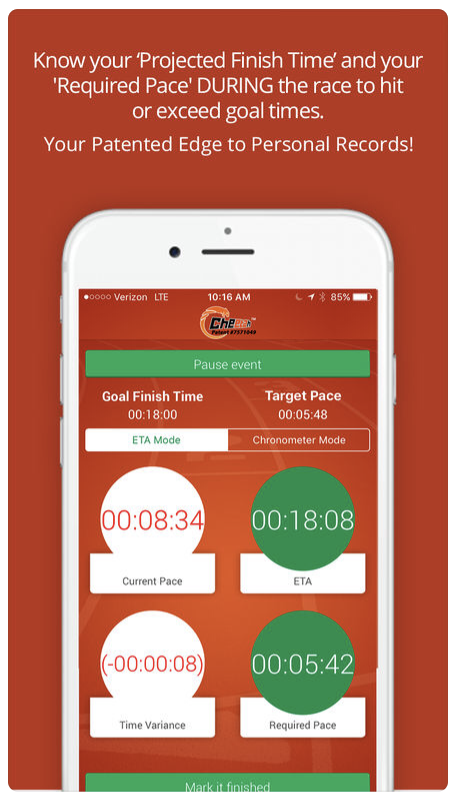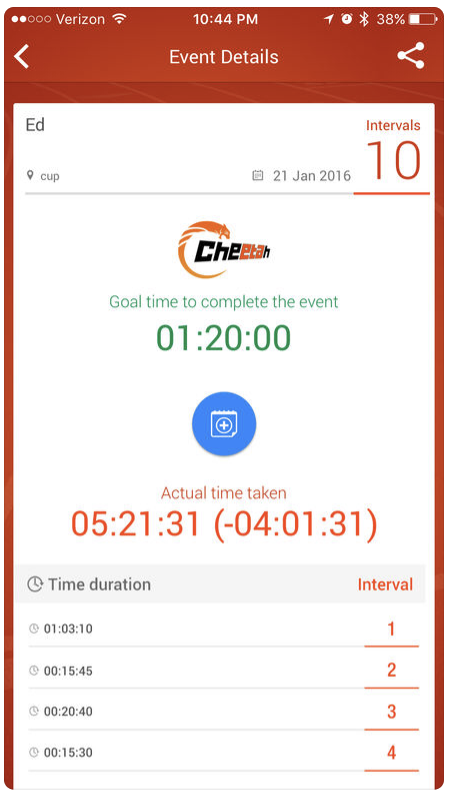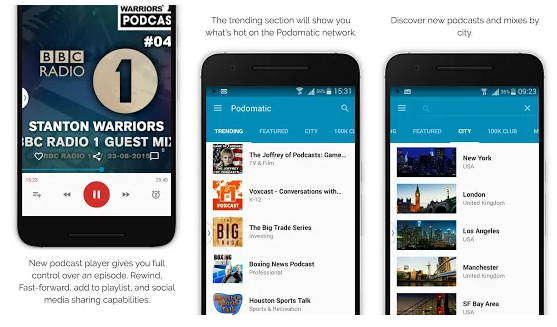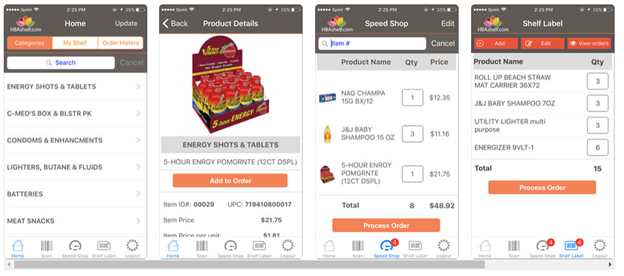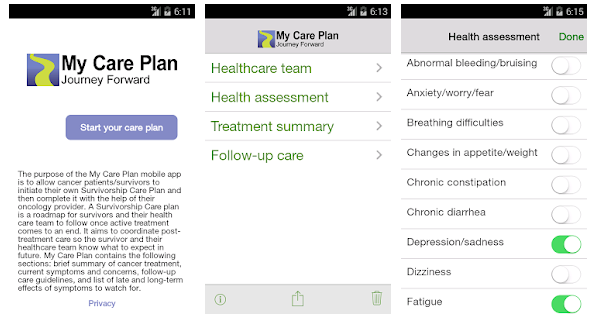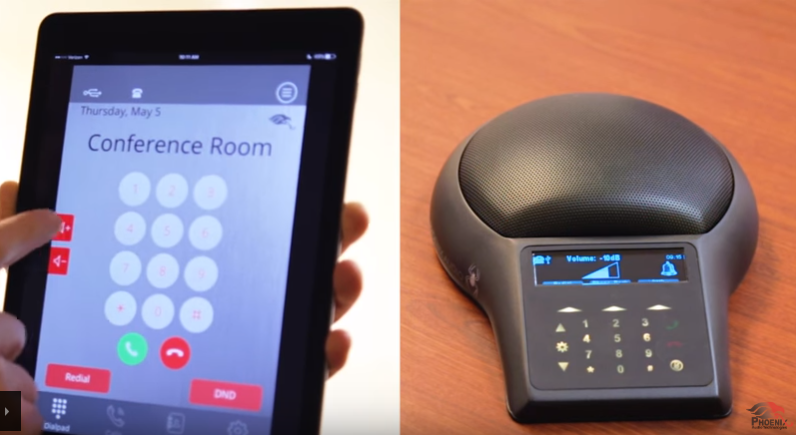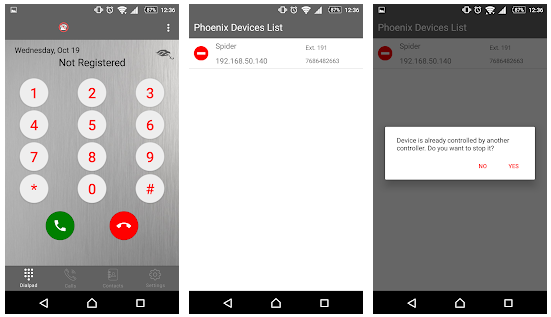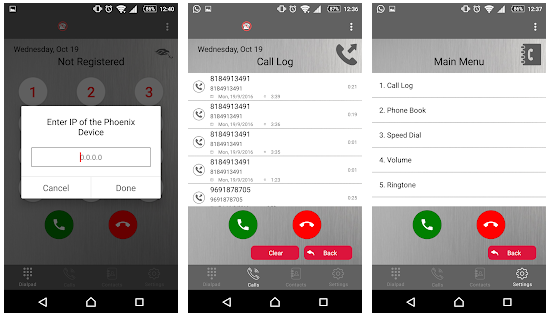Google Play is requiring that beginning August 1, 2019, all new and updated apps that use native code must have a 64-bit version as well as a 32-bit version. The reason is, 64-bit CPUs are faster, more responsive, can process a larger set of data, and ultimately give a better user experience. Because of that, Google will be building Android devices that only support 64-bit code in the future.
What does this mean to you?
Existing Apps
Google Play will continue to serve 32-bit apps to those using 32-bit devices, but beginning August 21, 2021, Google will not serve apps that do not have a 64-bit version to users with 64-bit devices. Therefore, if you are making an update to your app, you will be required to include a 64-bit version (with the exception of those developed using Unity as the development platform).
If your app uses only code written in Java or Kotlin, your app is already 64-bit ready. But if your app uses any native code, you (or your app developer) will need to assess whether updates are needed. Your app uses native code if it is written in C/C++, if it links to third party native libraries, or if it is built by a third-party app builder that uses native libraries.
You will need an App Developer to examine your APK file (Android Package File) to evaluate whether your app is 64-bit ready or to determine what changes are needed. Google Developers has provided in-depth instruction and tools to help developers for this purpose.
New Apps
All new apps will be required to include a 64-bit version when publishing to Google Play. Therefore your developer should build with that in mind.
If you have any questions about whether your Android app will be affected, call Sofmen for a free evaluation.



